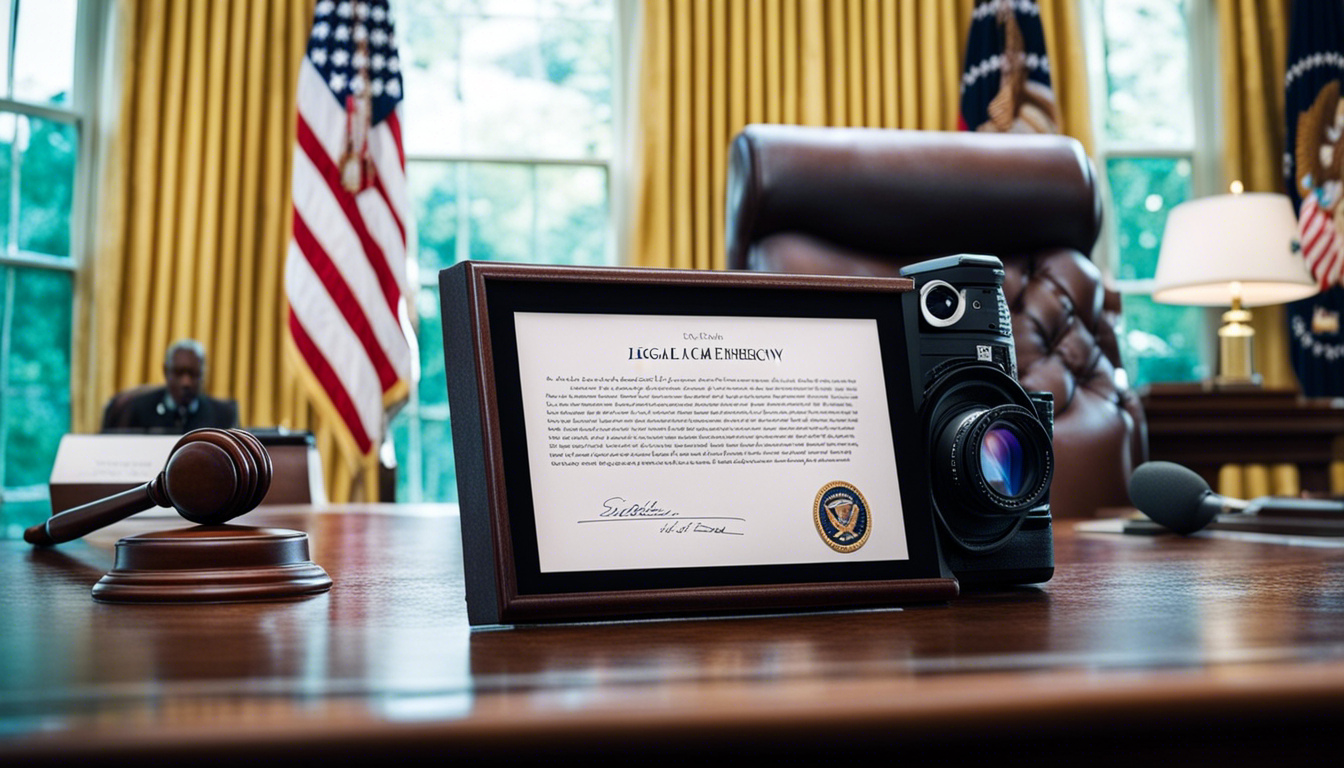
Trump asks Supreme Court for suspension of immunity ruling in 2020 election case

In an effort to challenge a lower court's ruling rejecting his broad immunity claims in connection with the 2020 election, former President Donald Trump has petitioned the Supreme Court to halt the decision. Trump's legal team filed a 39-page motion on Monday, requesting the justices to issue a "stay" on the ruling issued by a three-judge panel in the Court of Appeals for the District of Columbia Circuit. The panel agreed to postpone enforcing its ruling until Feb. 12, allowing Trump time to seek intervention from the high court.
Seeking approval for emergency relief
Trump's attorneys are seeking approval from five justices to grant emergency relief, arguing that the stay is imperative to provide them with the opportunity to pursue further review of the ruling, either before the full D.C. Circuit or the Supreme Court itself. The filing also indicates that they intend to eventually petition the high court to definitively settle the matter. Trump's legal team contends that the panel's decision represents "a stunning breach of precedent and historical norms," further asserting that "Without immunity from criminal prosecution, the Presidency as we know it will cease to exist."
Appeals court decision
The three judges of the appeals court, Karen LeCraft Henderson, Michelle Childs, and Florence Pan, ruled last week that Trump is not immune from prosecution in the criminal case brought against him by special counsel Jack Smith. They rejected the former president's argument for shielding him from the charges on the basis that the alleged conduct in the federal indictment occurred during his presidency. The panel emphasized, "For the purpose of this criminal case, former President Trump has become citizen Trump, with all of the defenses of any other criminal defendant."
Implications of the ruling
The appeals court panel stated that its ruling would take effect on Feb. 12 unless Trump sought emergency relief from the Supreme Court or if the full appeals court agreed to hear the case after the deadline. Last year, a federal grand jury charged Trump with four counts related to an alleged attempt to unlawfully overturn the results of the 2020 presidential election. Trump pleaded not guilty to all charges and continues to deny any wrongdoing.
Trump's legal maneuvering
Trump initially raised his claim of presidential immunity in October, when he requested U.S. District Judge Tanya Chutkan, overseeing the criminal case in D.C., to dismiss the charges. However, Chutkan denied the request, prompting Trump to appeal the ruling to the D.C. Circuit. The trial schedule in Chutkan's court has been on hold since she indefinitely postponed the trial date until the immunity question is resolved.
The Supreme Court's role
Last month, Smith petitioned the Supreme Court to address the immunity issue, bypassing the appeals court. However, the high court declined to expedite the case and instead allowed the appeals process to proceed. Notably, the Supreme Court has never resolved whether former presidents are entitled to criminal immunity for conduct during their time in office, making this a significant legal and constitutional matter. As the first former president in U.S. history to be indicted, Trump's legal battles continue to be closely watched. Moving Forward Trump's latest move underscores the intensity of the legal battle surrounding the 2020 election case. As the former president seeks to assert his immunity claims, the ultimate decision on this matter, whether from the D.C. Circuit or the Supreme Court, will have far-reaching implications for presidential powers and the boundaries of executive immunity. Author Background Robert Legare, a CBS News multiplatform reporter and producer specializing in covering the Justice Department, federal courts, and investigations, previously served as an associate producer for the "CBS Evening News with Norah O'Donnell".
Share news















